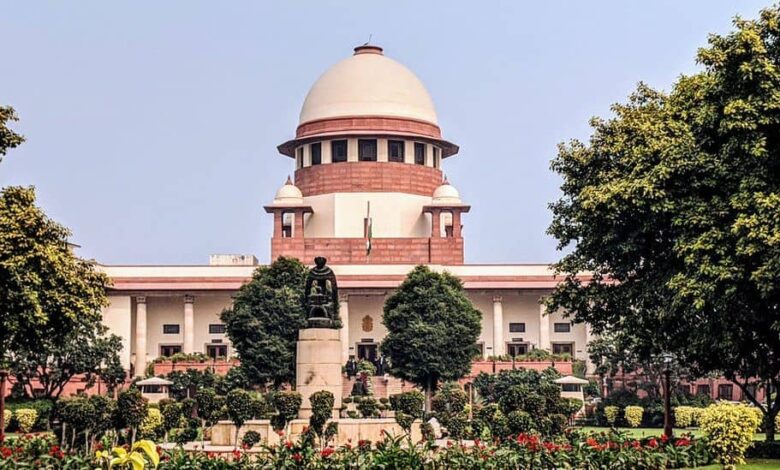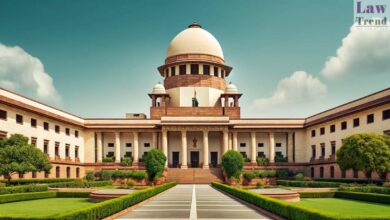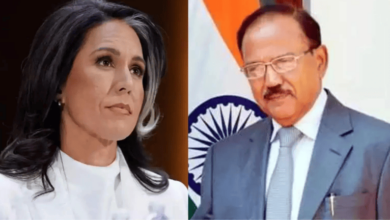
The Supreme Court of India effectively ordered a stay on the ongoing surveys at places of worship, including mosques, while commencing hearings into petitions challenging provisions of the Places of Worship Act. This came during a hearing to which six petitions were attached, including one filed by BJP leader Subramanian Swamy. The principal petition has been pending for four years without the government’s response.
Some of the petitions want the implementation of the Act that bans lawsuits for reclaiming the places of worship or altering its character as it existed on August 15, 1947. The proponents of this view include several MPs and political parties such as Jitendra Awhad from Sharad Pawar’s faction of NCP, RJD’s Manoj Kumar Jha and some members of Tamil Nadu’s ruling DMK.
Relief for petitioners opposing court-ordered surveys of mosques said to be constructed on the sites of razed Hindu temples as Supreme Court modulates its previous orders by directing the lower courts not to pass any interim orders in pending cases that also include Gyanvapi Mosque, Mathura Shahi Idgah, and Sambhal Masjid facing claims of their origins by Hindu petitioners.
It suspended this till the next hearing in four weeks when the government is expected to respond to petitions against the Places of Worship Act. The court interluded that no fresh suits could be instituted and no proceedings could be taken till further orders.
The decision comes in the wake of growing communal tensions in Uttar Pradesh’s Sambhal region, where court-ordered mosque surveys recently led to violence that killed five people. Following the violence, a different Supreme Court bench ordered the mosque matter transferred to the Allahabad High Court.
Political reactions grew stronger, with the Samajwadi Party and Congress assailing the ruling Bharatiya Janata Party over the targeted demolition of the 16th-century mosque. The tensions flared last week when district officials stopped a delegation of Samajwadi Party MPs and Congress leader Rahul Gandhi from visiting the families of those affected by the violence, citing possible law-and-order issues.
Besides that, a portion of an 185-year-old mosque on the Banda-Bahraich Highway was also razed. The district officials maintained that the part was illegal, whereas the management committee of the mosque argued that it was an historic one, citing that the mosque was built in 1839, long before the road was constructed in 1956.



